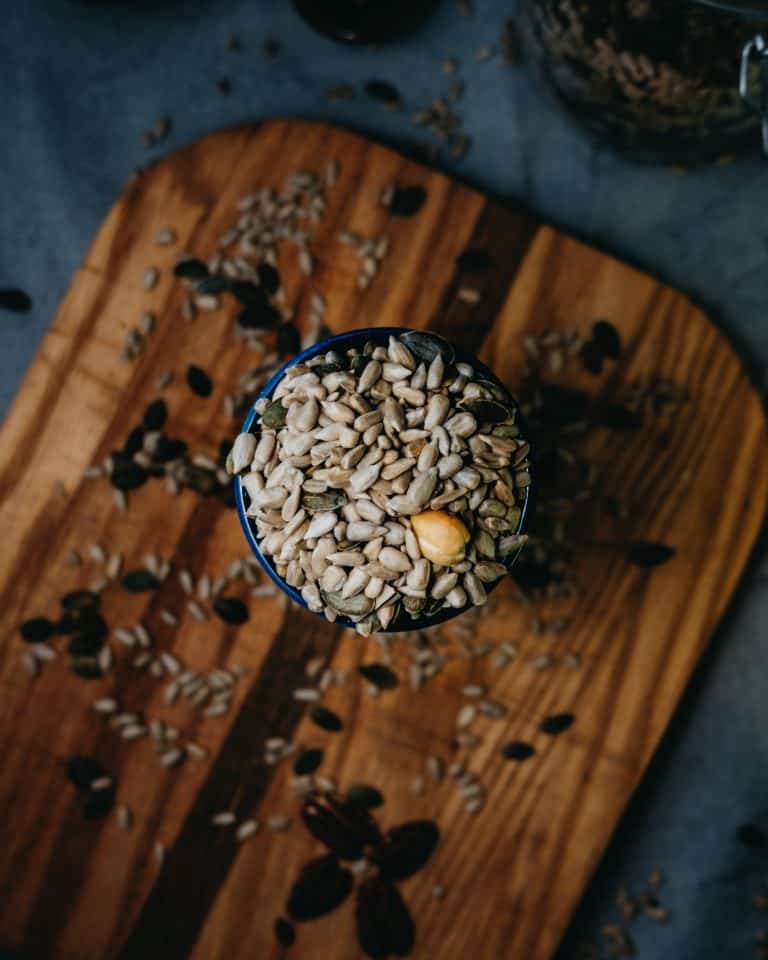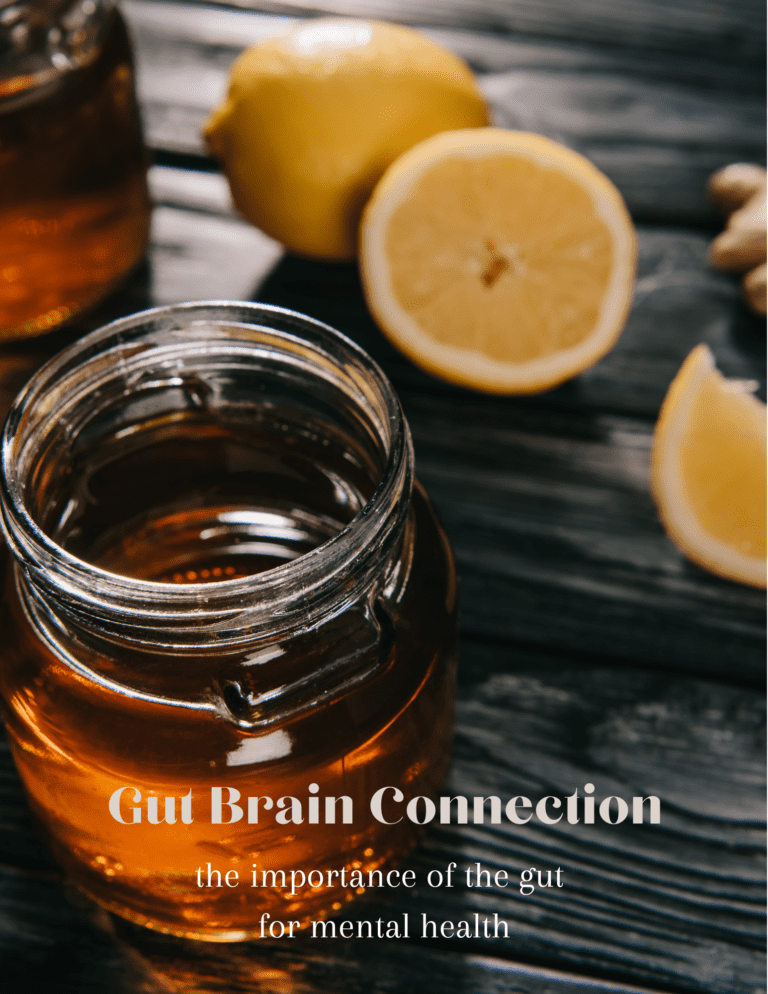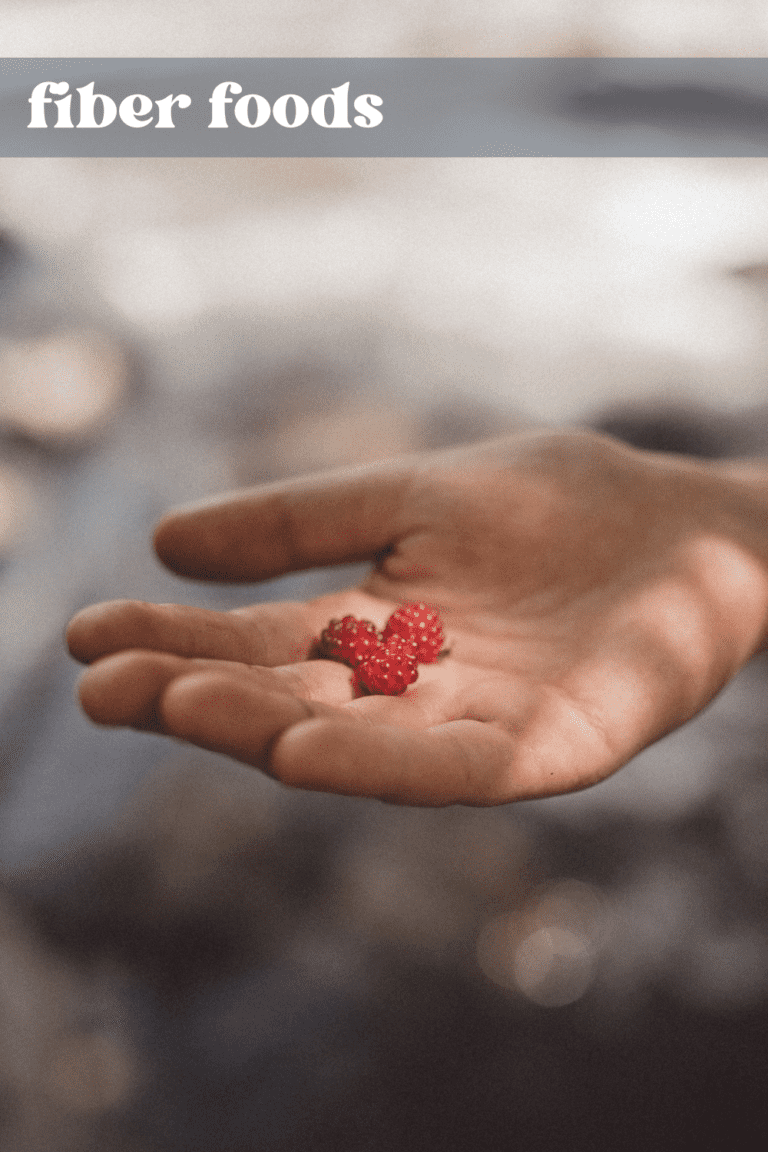When most people think of winter colds, sinus infections, and Coronavirus most of us think to double up on vitamin C and rush to the nearest pharmacy to pick up some airborne.
First of all, you are likely getting enough Vitamin C in your diet and supplementing Vitamin C in large quantities does not protect us any more than if we were just getting enough through our diet. Though vitamin C is important, many of us also forget about good old Vitamin A and E. These two fat-soluble vitamins (meaning they are stored in our fat cells for long periods of time) are also super immune boosting. Luckily, these immunity boosting vitamins are stored in our fat cells….so the more we eat, the more we reserve. This makes it harder to experience a deficiency with vitamins A and E.
Vitamin A is known for improving eyesight and being a powerful antioxidant. Vitamin E is also, no surprise, an antioxidant. Antioxidant’s are important for immunity because they “fight” free-radicals (cells that cause damage) in the body. Vitamin A is found in RED, YELLOW, and ORANGE vegetables and fruits. Vitamin E is found in most oils and nuts. So be sure to get enough color on your plate and cook with oils instead of butter.
In general, you should be getting adequate amounts of all vitamins in your regular diet. Any vitamin levels that may be low could contribute to a weakened immune system. HOWEVER; if you are eating enough variety in your diet then you are likely getting enough, even if you don’t eat fruits and vegetables every day. DON’T WORRY.
That being said, one of the lovely vitamins that is typically low during the winter months is Vitamin D.
I always recommend, to those of us living in the northeast, that you take some sort of Vitamin D3 supplement (D3 is absorbed better that D2). It’s important to keep those levels up. Despite limited evidence that Vitamin D can boost immunity and improve seasonal depression, Vitamin D has a whole boatload of other benefits, like maintaining bone and muscle strength.
You can try to achieve a normal Vitamin D level through diet, but it’s much harder since vitamin D is primarily made through exposure to the sun. It’s more difficult to get those levels up to par with a normal diet and no sun exposure. 2,000 IU/day is a good starting point, but get those levels checked next time you see the doc.
Also, if you’re terrible at taking vitamins like me, try setting an alarm or making it a routine with your breakfast. You’ll be more likely to take it if you make it a part of your everyday routine.
ALSO SO IMPORTANT, wash your damn hands. Be that weirdo who’s in the bathroom 37 times a day and carrying an entire aisle’s worth of sanitizing products (if you can find any). Sing “happy birthday” twice while you’re washing your hands. Warm or cold water, it doesn’t matter. Just get that soap lathered on there.
Moral of the story: Eat a variety, including fruits and vegetables AND wash your hands for 20 seconds with soap and water before eating anything or touching your face!



